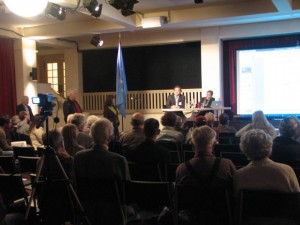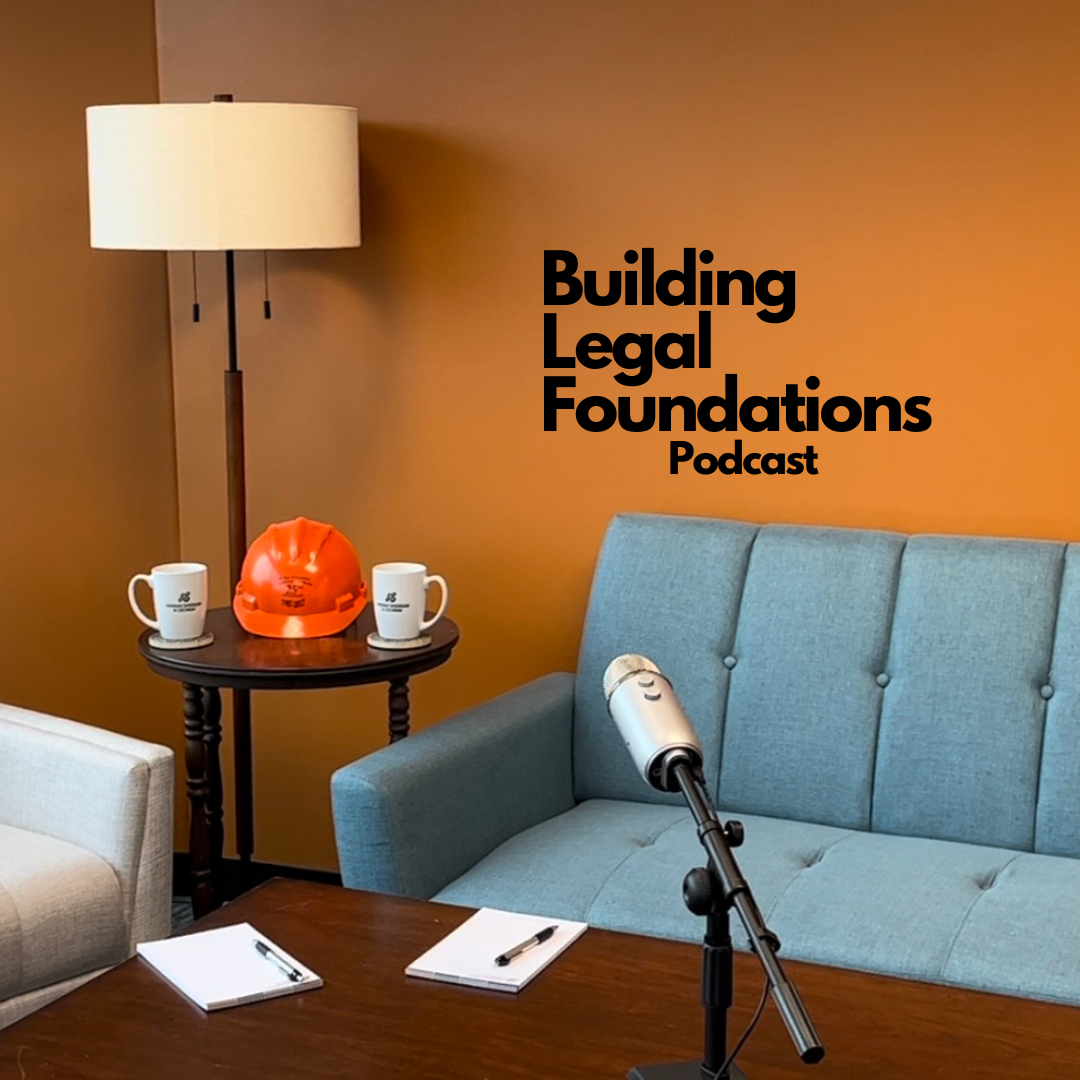Hannah Sheridan & Cochran's own podcast, previously available via Spotify, is now available to listen…
HOA Management Tips – Effective Meeting Minutes
When a homeowner association board holds a meeting, it is important to remember that adopted meeting minutes are one of the most important records that need to be maintained by the board. Generally, the governing documents of the association don’t give much direction relating to form or content, and the laws governing community associations also give sparse guidance. North Carolina law does, however, require that membership and board meetings be conducted in accordance Robert’s Rules of Order.
Often, the minutes fail to accurately record board actions, or include extraneous statements that can create issues down the road for the association. It’s unfortunate that these issues come to light only after copies of minutes are produced in the course of a dispute or the discovery process of pending litigation, and it’s too late at that point to correct flaws. For this reason, it’s very important for a board to understand what needs to be in the meeting minutes. Minutes should describe the meeting, including the date, whether it’s a regular meeting of the board, or a special meeting, identify those board members that are present and absent, identify any other key persons that are present such management representatives and any guest speakers who are present, and indicate that a quorum of the board is present. Minutes should include the place of the meeting, the time the meeting is called to order and when it is adjourned. If a board member arrives late, or leaves early, the minutes should note this and the specific time. The minutes should mirror the meeting agenda, if at all possible. Minutes need to accurately record matters considered, and action taken, by the board on agenda items and on matters added to the agenda. That is, the minutes need to identify in appropriate detail the motions made by board members and reflect the vote taken. Once the meeting minutes have been approved, they should be signed and dated by the board secretary and indicate they have been approved. Approved minutes should be maintained by the secretary or other responsible officer where they can be located when needed, which can be years after the fact.
The point is that someone should be able to pick up the minutes in the future and be able to understand exactly what action was taken by the board.
It’s just as important to keep some aspects of the meeting out of the meeting minutes. It is not necessary, and it can detrimental, to have an exact transcript of the meeting. It can be polarizing to the community and negative feelings towards the individual board members or board as a whole, especially of editorial comments or opinions are included. The minutes may reflect discussions about particular units or topic areas without further detail as to the substance of the comments. Details relating to notice of claims down the road can be used in litigation to show that the HOA should have taken action sooner or acted to prevent certain things from occurring. Of course, minutes should never include the privileged advice or strategy of association attorney, as this can be construed as waiving the attorney-client privilege.
– Paul A. Sheridan



